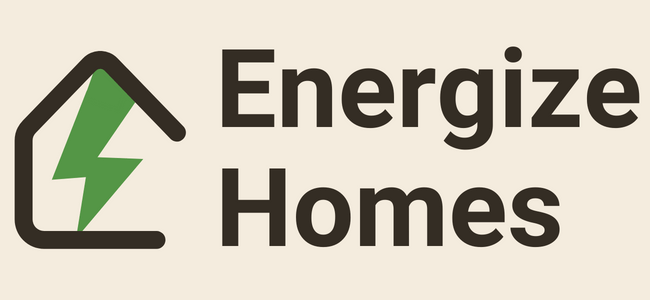How Noisy Are Heat Pumps? Will It Disturb My Neighbors?
When it comes to residential heating and cooling solutions, heat pumps have gained significant traction due to their efficiency and versatility. However, a common concern for homeowners is the noise level of heat pumps and whether they will disturb the peace and quiet of their home and the surrounding neighborhood. In this article, we dive deep into the acoustics, measurements, and other technical details of heat pump noise levels to give you a comprehensive understanding.
A well-functioning heat pump will not disturb your neighbors.
While heat pumps are not entirely noise-free, advancements in technology have led to quieter and more efficient units. By choosing a model that aligns with industry standards for noise levels and taking preventative measures such as vibration isolation, you can significantly reduce the impact of your heat pump’s noise on both your household and your neighbors.
Decibel Levels: The Basics
When evaluating the noise levels of a heat pump, the unit of measurement used is the decibel (dB). For reference, normal conversation typically ranges from 60-70 dB, while the sound of a refrigerator humming is around 40 dB. The average noise level for modern heat pumps ranges between 50 and 60 dB.
| Heat Pump Brand | Model | Noise Level (dB) |
|---|---|---|
| Carrier | XYZ123 | 54 |
| Daikin | ABC456 | 58 |
| Trane | LMN789 | 52 |
Sound Pressure and Sound Power Levels
In technical terms, the sound emission characteristics of heat pumps are generally classified into two categories: Sound Pressure Level (SPL) and Sound Power Level (SWL). SPL is the pressure of sound against a microphone, often measured in situ, while SWL is the total energy emitted by the source and is a theoretical construct that offers a holistic view.
Vibration Isolation and Soundproofing
One way to minimize noise is through vibration isolation, a practice that involves placing anti-vibration mounts or pads underneath the heat pump. Soundproofing techniques, such as installing acoustic barriers or walls around the unit, can also effectively reduce sound radiation.
Mitigating Factors: Frequency and Tonality
It’s not just the dB level that matters. The frequency and tonality of the noise can also impact perception. Lower frequencies are generally less disturbing than higher-pitched noise. Many heat pumps incorporate “soft start” and variable-speed compressors to modulate frequencies and reduce irritating sound characteristics.
Regulatory Guidelines and Neighbor Relations
In most localities, noise regulations specify permissible noise levels during day and nighttime. For instance, residential day-time noise limits might be set at 55 dB, and nighttime limits at 45 dB. Make sure your heat pump is compliant with these regulations to avoid conflicts with your neighbors.
